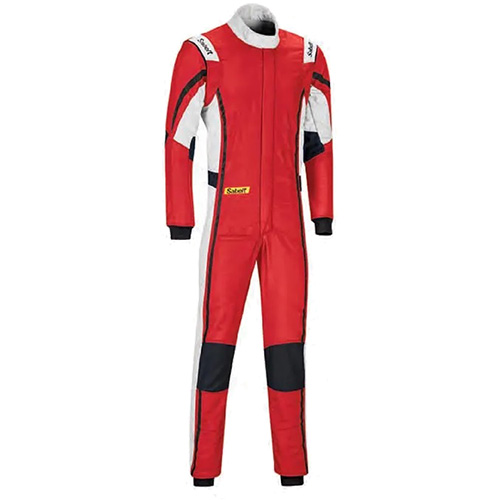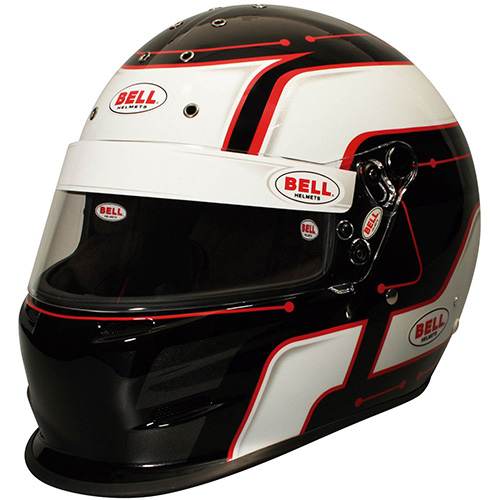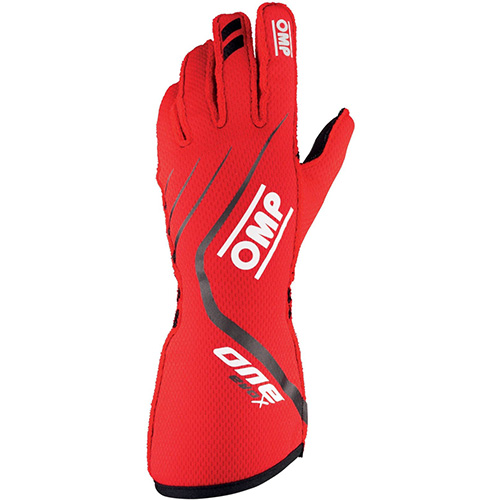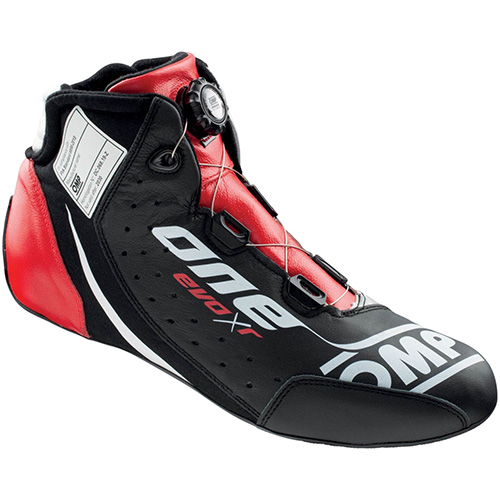Need To Know: 10 Best Ways To Get Racing Sponsorship Money
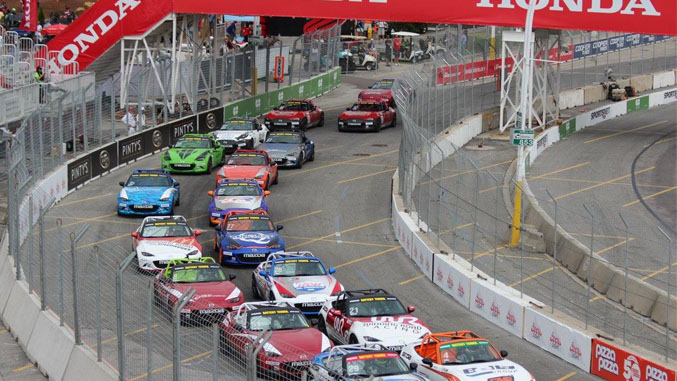
Editor’s Note: we’ve asked our readership for the questions they would most like to have had the answers to when they were starting out in motorsports. We’ve created our Need To Know series to address many of these questions.
We'll do another more complete Need To Know article on setting the right expectations about motorsports sponsorship. But for now, it is important to know that sponsorship doesn't work the way most amateur racing drivers seem to think it does (we have drivers coming in every week who are confused, so we say this from experience). Many drivers think the process is something like a) drive fast and b) a pro team will notice and give you a full ride and then c) you move on to higher paying roles as you succeed. We call this the "dream plan". These drivers probably know it isn't quite that simple, but if they really believed it was harder and more complex they'd have a better plan for raising money. That they don't have a better plan suggests that they effectively believe in the dream.
In reality, you need to fund all of your racing until you get to a very high level (if you ever do). Some of that funding can come from you, some of it can come from sponsorship. Sponsorship is also hard, and there are many misconceptions about it. We hope to clear those up to a degree in this article.
The problem in amateur racing and pro-am racing is that generally amateur racers don't have much to sell. We always suggest to amateurs looking for funding that you consider the transaction you are asking a partner to enter into. What are you doing for them? As a result, how much do they, reasonably, pay you? There is a market for these things and if your price is way off market value, you aren't generally going to get partners.
A central problem in finding where you can execute transactions that have value is that most racers don't have a strategy. They aren't examining all the areas where they might deliver value and picking from their strengths. We think it is helpful to think about this in broad types of partnerships:
- Media Equivalence. This is most commonly considered by amateurs because it looks like this is what pros do. That is, Verizon seems to sponsor Penske's IndyCar effort to get brand impressions (Verizon may in fact be doing a B to B effort, with some consumer branding on the side). The problem with this approach for amateurs is that generally amateur racing lacks broadcast reach (because there aren't broadcasts) or any other significant reach for that matter. Without this, amateurs don't have the scale to matter to any marketer desiring brand impressions. It is dangerous to generalize, but a sponsor's logo on you car probably isn't worth nearly as much as you think.
- Authentication. If a marketer has a budget for an existing set of marketing campaigns, they might pay a small amount to a racer or sports figure to "authenticate" their brand by showing it in use by real sportspeople. The possible problem here is that most amateur racers aren't famous, so the brand may not consider you suitable for authentication.
- B to B Environment. If a small brand wanted to entertain clients at the track and give them more than a "free tickets" experience, they could sponsor you and bring clients to the tracks you run to meet you and have someone to follow. The difficulty here is that you have to find a brand whose regional footprint matches your race season and who also thinks racing would appeal to clients. And the cost/time of moving clients to the track means this may not really be a small budget item in the end for your client – they have to be able to do a lot of work because you probably aren't in a position to be a complete event hospitality agency.
- Friends and Family. Most amateur racing "sponsorship" falls into this category. You have a relationship with someone, they like you, and they have a company that can afford some small (to them at least, might be big to you) sponsorship money. In this category, don't forget crowdfunding systems, like Indiegogo and RocketHub. While these might seem to be broad reach platforms, in fact they often work to round up a larger network of friends and family than you can do on your own (more outreach to more degrees of separation).
- Direct Sales. In theory, a partner could engage you to sell their product. This makes for a very clear transaction, but there don't seem to be too many products where this works.
- Lead Generation. If you have a business network, you could get sponsored to provide leads. This seems to work best for large industrial commodity products and services where the deal size is big and lots of people need the product. If the typical deal size is in the 6-7 figure range, you don't have to provide many leads to get 3-4 figure sponsorship. But, you have to have and work the network.
- Coaching. You are a race car driver; people need coaching. You can get paid for this. What you need are steady leads. You find a partner or work a network to who provide these. This isn't really sponsorship, but it is money for racing, so why split hairs?
- Contingency Money. Many amateurs work the contingency money angle where you get products or discounts for doing well in races. You could do your racing where contingency money is the richest. You can also propose contingency programs just for you to sponsors.
- Prize Money. There is prize money in some parts of amateur and pro-am racing. Pirelli World Challenge, for example, has cash awards for podiums. So does MX-5 Cup and Spec MX-5 Challenge. In addition, MX-5 Cup and Spec MX-5 Challenge have large prizes for their championships ($200k for MX-5 Cup and $100k for Spec MX-5 Challenge). In 2018, NASA and Toyo are offering $80k to the Spec Miata champion. A key point is that you could gear your series, sanctioning body and class to places where there is prize money and where you think you can effectively compete.
- Get A Job. You may have opportunities to work in the motorsports industry. While this could be a full time gig, most likely you are already doing something during the week that pays more. Instead, you might think of things you can do on the side. Examples we have seen include: data analysis, photography, blogging, test driving and product demonstration. Again, not really sponsorship, but why confine yourself to that box?
Each type of partnership has its own transactional economics. You can mix these together. For example, Ross Bentley suggests that much amateur sponsorship works because the money is small and so drivers are willing to put 5 or 10 small deals together whereas low-level pros try to find one big company to eat the whole enchilada. In the end, you have to get creative, yes, and you also have to do a lot of work matching your ideas to your skills and, most importantly, to the right sponsor partner for that idea.
Resources
Join the Winding Road Racing Contingency Program.
To join the Winding Road Academy Coaching Network, email: [email protected]
